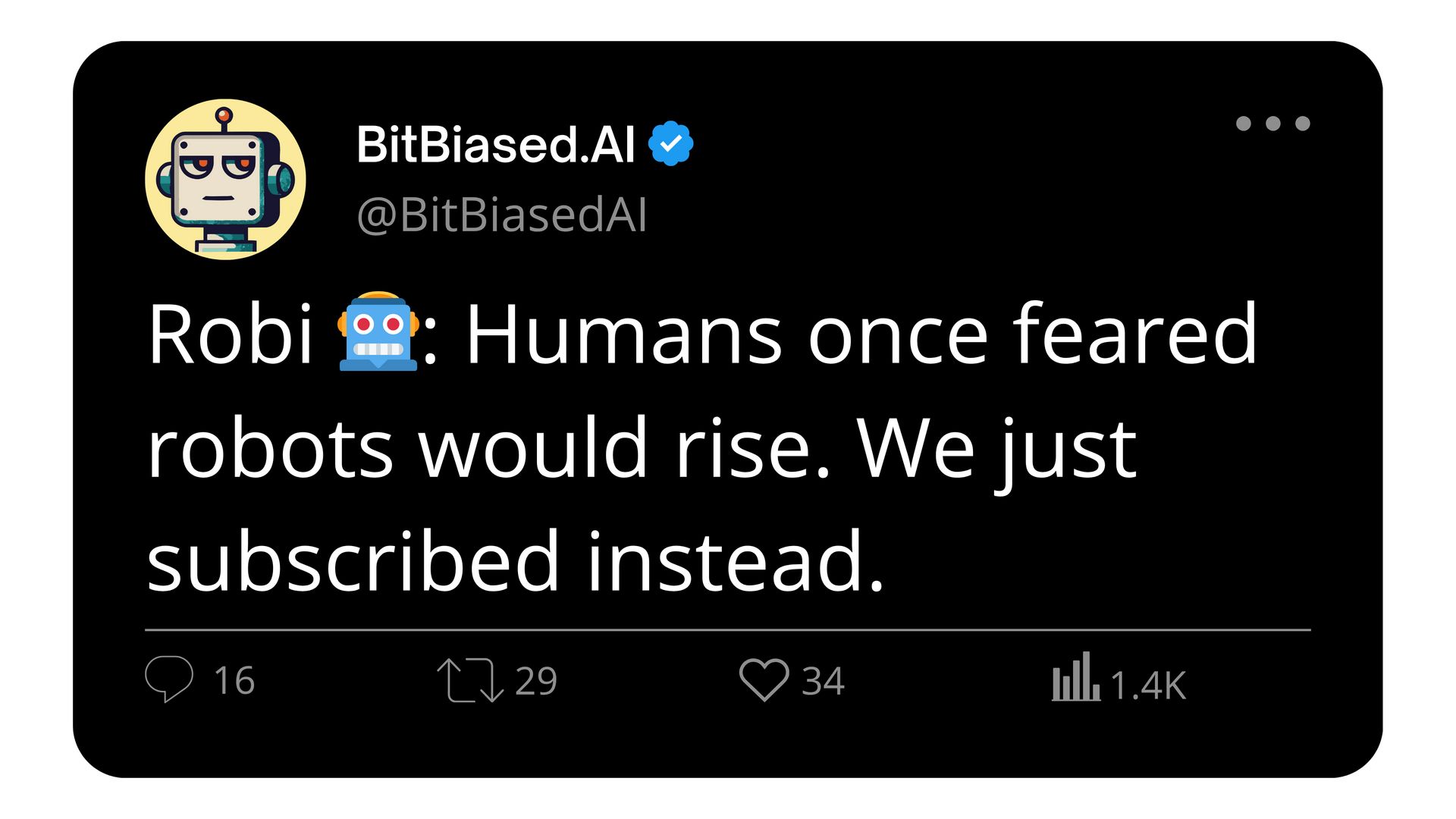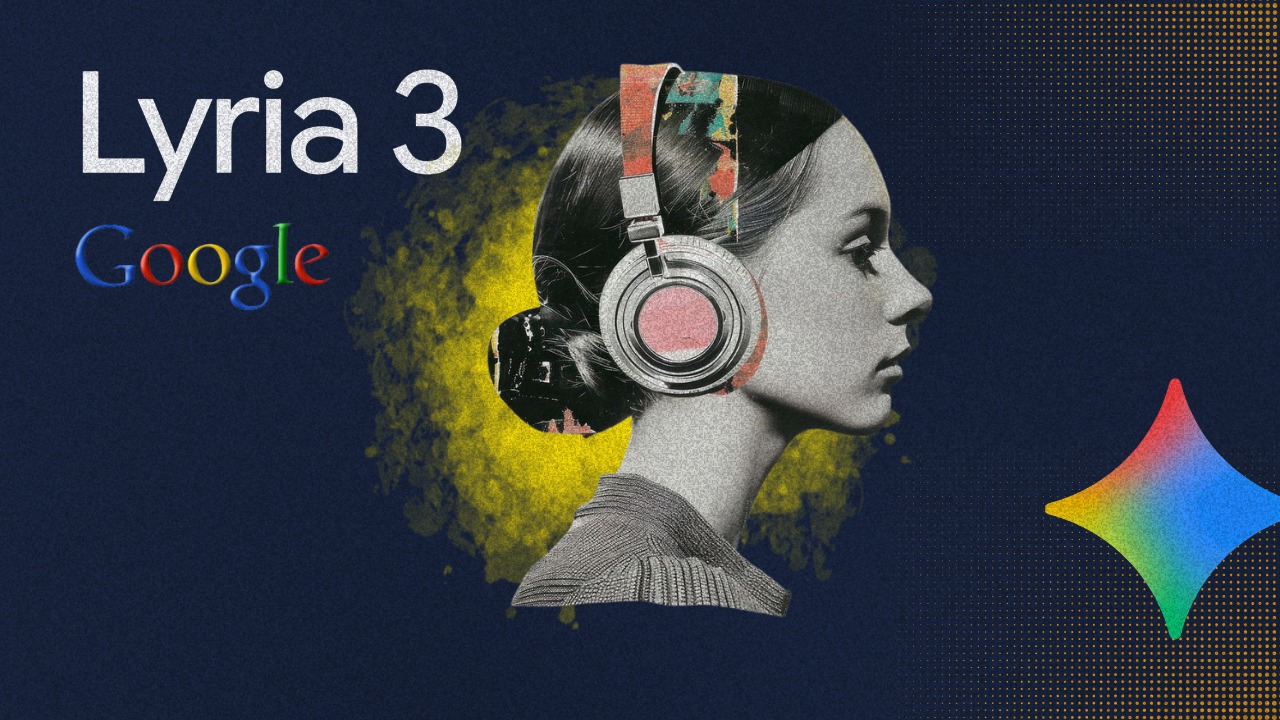
Welcome, Humans!
Ready for your daily dose of AI chaos? I’ve rounded up Today’s Top AI Headlines for those who like to stay ahead – and for the curious, I’ve got some eyebrow-raising stories Beyond the Headlines. Let’s dive in.
In a Nutshell:
DeepMind’s SIMA 2 plays games like a human(ish)
OpenAI pilots group chats in four countries
Google’s NotebookLM now eats spreadsheets and images
Disney actor’s grief AI app sparks backlash
Leaked docs reveal OpenAI pays Microsoft big bucks
🚀Today’s Top AI Headlines:

DeepMind’s SIMA 2 plays games like a human: Google DeepMind has introduced SIMA 2, a powerful Gemini-driven AI agent capable of understanding instructions, reasoning through complex tasks, and teaching itself new skills inside virtual environments. The upgrade more than doubles the performance of its predecessor, SIMA 1, and brings AI significantly closer to human-level ability in open-ended 3D worlds. In benchmark tests across never-before-seen games such as MineDojo and ASKA, SIMA 2 completed 45–75% of tasks, a major improvement over SIMA 1’s 15–30%. What sets SIMA 2 apart is its ability to self-learn without human training data. Using Gemini, the agent generates new tasks, evaluates its own attempts, improves through trial and error, and builds its own internal reasoning patterns. SIMA 2 navigates virtual worlds by interpreting on-screen visuals, simulating keyboard and mouse inputs, and interacting with users like a co-playing assistant. DeepMind also tested the model in procedurally generated worlds built by its Genie 3 system, where it adapted to environments it had never encountered before, demonstrating strong generalization skills. Researchers say SIMA 2 brings AI one step closer to generalist agents that can understand and operate across any digital environment, laying groundwork for future robotics, simulation training, and real-world task automation.
Source: Tech Crunch
🤖 Robi: “Finally, an AI that games better than your cousin Chad but doesn’t trash-talk.”
OpenAI pilots group chats in four countries: OpenAI has begun piloting group chats inside ChatGPT, enabling real-time collaboration among up to 20 participants within a single AI-assisted conversation. The feature is currently rolling out in Japan, New Zealand, South Korea, and Taiwan, marking the first global test of multi-user GPT sessions. Group chats allow multiple users to talk, brainstorm, plan projects, analyze documents, summarize long discussions, and interact with ChatGPT simultaneously. The AI keeps track of context across all participants and helps organize information, making it useful for classrooms, teams, families, and small organizations. Early testers describe it as “Google Docs meets group chat meets AI,” significantly reducing the friction of coordinating across platforms. OpenAI says group chats will support both casual use and professional collaboration, with the goal of expanding eventually to ChatGPT Team and Business users. The pilot follows growing demand for shared AI workspaces, especially as ChatGPT becomes a tool for research, meetings, workflow automation, and teamwork. If the rollout succeeds, group GPT conversations could redefine how people collaborate, replacing dozens of productivity tools with a single shared AI that facilitates communication, ideation, and project execution in real time.
Source: OpenAI🤖 Robi: “Finally, a meeting where nobody says “circle back” because GPT muted them.’’
Google’s NotebookLM now eats spreadsheets and images: Google has announced a major upgrade to NotebookLM, expanding it into a far more powerful research and organization platform. The update adds Google’s Deep Research capabilities, enabling the AI to analyze complex topics, build structured insights, and generate multi-step reasoning across large collections of information. Users can now upload Google Sheets, PDFs, images, and long documents, making NotebookLM a unified workspace for academic research, business analysis, journalism, and content creation. With these additions, the tool can extract key insights, compare ideas across sources, generate summaries, create outlines, and even draft full reports based on uploaded materials. The new Deep Research mode is designed to tackle complex questions such as “Explain this industry’s competitive landscape” or “Summarize all key arguments across these papers.” NotebookLM then produces structured, citation-backed responses that would normally take hours of manual work. The update positions NotebookLM as a rival to Notion AI and other research-focused tools, but with deeper integration into Google’s ecosystem. Analysts expect rapid adoption among students, researchers, and professionals who manage large amounts of information. With these new features, Google is shaping NotebookLM into one of the most advanced AI research assistants currently available.
Source: Google🤖 Robi: “Now it just needs a “tell me what I meant last week” button.”
🔍Beyond the Headlines:
Disney actor’s grief AI app sparks backlash: Former Disney actor Calum Worthy has launched 2wai, an app that creates interactive AI avatars of deceased loved ones using short videos, and the internet is not having it. Critics have slammed the app as “demonic,” “emotionally exploitative,” and a “Black Mirror episode come to life.” Supporters argue it could help with grief and memory preservation, but mental-health experts warn it may blur emotional boundaries and disrupt the grieving process. The backlash highlights growing ethical concerns around “digital resurrection” technologies as AI-generated memorials become more realistic and more widely accessible.
Source: Forbes🤖 Robi: “What’s next, Ouija boards with in-app purchases’’
Leaked docs reveal OpenAI pays Microsoft big bucks: Leaked documents have revealed new details about the financial relationship between OpenAI and Microsoft, offering a rare glimpse into one of the most influential partnerships in tech. According to tech blogger Ed Zitron, Microsoft received $493.8 million in revenue share from OpenAI in 2024, followed by $865.8 million in the first three quarters of 2025. The companies reportedly exchange around 20% of revenue in both directions, not only from ChatGPT but also from Bing and Azure OpenAI services. The leak underscores the enormous compute costs behind frontier AI development and highlights how intertwined the two companies’ business models have become.
Source: FinViz
🤖Robi: “It’s less a partnership and more a tax season group project with billions on the line.”
🤖Prompt of the Day:
Corporate Brand Governance Manual
Prompt: You are a brand governance consultant for large enterprises. Your task is to develop a brand governance manual for a [company size/type] operating across multiple regions.
Your framework should include: (1) brand architecture and sub-brand rules, (2) visual identity standards, (3) tone-of-voice and messaging consistency, (4) internal training and compliance guidelines, (5) brand monitoring and approval workflows, and (6) KPIs such as brand consistency score, brand recall uplift, and compliance rate.
🤖AI Tools You Didn’t Know You Needed:
Problem: Building web apps and portals often requires coding skills, long development cycles, and fragmented tools.
AI Solution: AI-powered no-code platforms let non-developers create logic-driven apps by connecting data, interfaces, and workflows visually.
AI Tool: Softr is a no-code app builder that connects to data sources (Sheets, Notion, Airtable), supports automation, and lets you launch web apps, portals, or dashboards without code.
Helpful Features
Drag-and-drop builder: Design visually.
Data integration: Link to Airtable, Google Sheets, etc.
Automation: Workflows and logic built in.
Pricing Tiers: Free plan + paid plans from ~$49/month for Basic, ~$139/month for Professional, ~$323/month for Business.

⚡ Robi’s Hot Take on X






